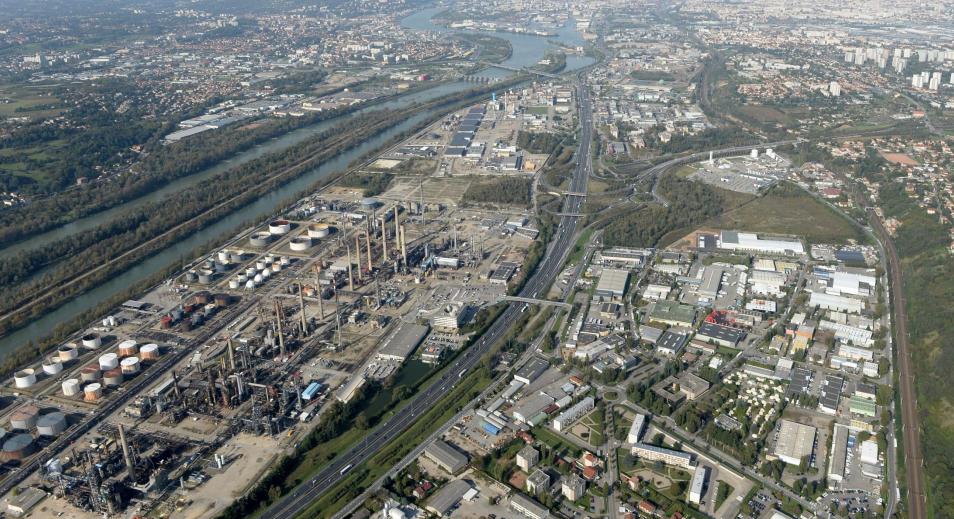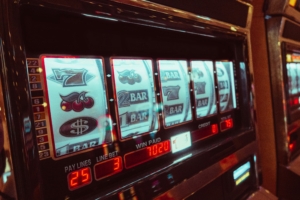
Carbios set to build closed-loop PET plant
French Carbios SA has signed a letter of intent with PVC giant Kem One to implement a demonstration plant to provide proof of concept of Carbios groundbreaking enzymatic PET depolymerisation technology.
Bottles, textile fibres, stirrers and plastic packaging made from PET (polyethylene terephtalate) are a major consituent of the 8 millions of non-degradable plastic debris entering the oceans every year. By the end of 2020, French Carbios SA wants to provide proof of concept that its groundbreaking enzymatic PET recycling technology works at pre-industrial demonstration scale. If so it could significantly cut marine plastics littering by making new virgin PET without loss of quality from wasted PET instead from petrochemicals, closing the loop towards an eco-friendly zero-PET-waste production/recycling process.
Carbios has now taken first concrete steps to test its technology in demonstration scale – the company signed a letter of intent with KEM ONE to implement a PET biorecycling demonstration plant in the French Chemical Valley near Lyon. Under the agreement, Carbios and Kem One have defined the principles that will guide their collaboration over the next six months in the prospect of the implementation of a PET biorecycling demonstration plant on Kem One’s industrial site in Saint-Fons. Carbios undertakes to study the construction of its demonstration plant on Saint-Fons site. Kem One undertakes to make its best efforts to mobilise all stakeholders and assist Carbios in defining the conditions for the provision of land, main utilities and required services, and in its procedures involving public authorities. Before the construction of the demonstration plant in mid-2019, Carbios will be assisted and advised for the engineering study by the engineering specialist TechnipFMC.
Carbios’ PET recycling process is based on optimised cyanobacterial enzymes that allow for 100% decomposition of PET to its monomers and subsequent closed loop resynthesis of the native material. With 70 million tonnes wasted annually, PET is one of the largest marine plastics pollutants. Carbios’ process makes waste a valuable resource that is worth collecting even in countries without collection systems that produce most garbage.
"We are confident that our strategy will lead to a successful industrial roll-out of our biological solution for infinite recycling of PET plastics and fibers," said Jean-Claude Lumaret, CEO of Carbios. Alain Consonni, Site Manager at Kem One, Europe’s third largest PVC producer, added: "As a major player in the vinyl industry in Europe, we are deeply committed to promoting and developing solutions that addresses key environmental and societal challenges of our time."


 Immunic/Nela Dorner
Immunic/Nela Dorner
